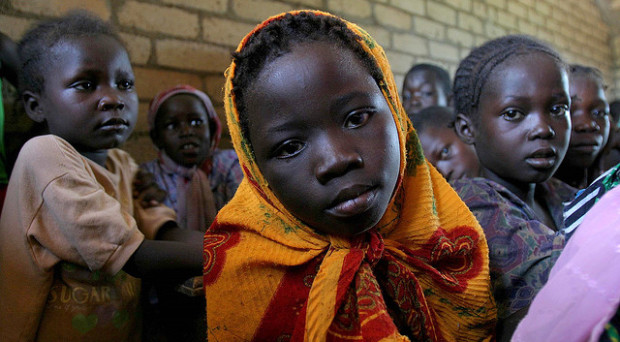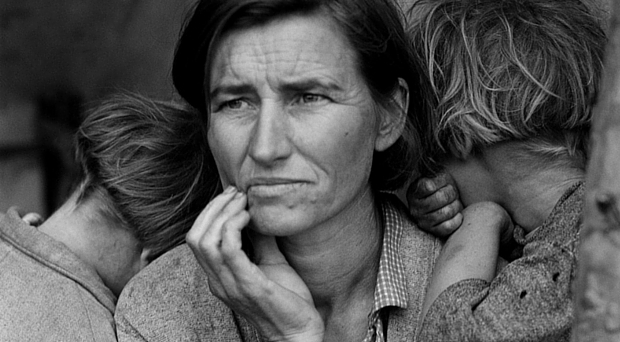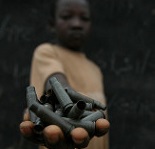
Post-2015 agenda: where is the right to health?
With 2015 marking the year for achieving the Millennium Development Goals, Brolan et al. analyse in their highly accessed article the reasons why the right to health is not explicit in the post-2015 negotiations. The authors carried out two rounds of in-depth interviews with key organizations responsible for health in the post-2015 development agenda. They identify several reasons for this absence, including a general marginalisation of human rights, a reticence in talking about sexual and reproductive health, and the fact that health goals are often perceived as too broad or too difficult to implement.
One of the authors, Gorik Ooms, further expands on this topic in his blog post, published for Human Rights Day. Ooms talks about the right to health and human rights as general citizens’ rights in a moment in which many populations are migrating and are not (yet) citizens of any states and, therefore, not in full possession of their rights.
A year of migrations
With migration and refugees attracting more and more attention in the news this year, it is not surprising that the systematic review by Bogic et al. on long-term mental health of war-refugees has attracted the attention of our readers. The authors show that refugees have high rates of mental disorders even beyond the immediate period after trauma and resettlement.
Refugees are up to 14 times more likely to have depression and 15 times more likely to have post-traumatic stress disorder, in particular if coming from Yugoslavia and Cambodia. The war trauma seems to be independent from the socio-economic situation after migration (unemployment, financial stress, poor language proficiency, etc.) and has long-lasting effects.

The privilege of registering children in Ghana
On a different topic, Amo-Adjei and Ammin’s study on the socioeconomic determinants of birth registration examines birth registration rate in Ghanaian children born between 2001 and 2006, and highlights how the mother’s education and household wealth, together with the financial cost of the registration itself, influence the process. The registration of a child is thus still a privilege for educated, urban families in Ghana, and will need to be addressed as a human rights issue through targeted policies in the future.
 Child soldiers recovery and reintegration
Child soldiers recovery and reintegration
Another interesting article published last year deals with child soldiers’ recovery and reintegration. Derluyn et al. debate that an interdisciplinary dialogue between children’s rights law, transitional justice and psychosocial approaches is needed to better address this issue, moving beyond the traditional distinction between victims and perpetrators. This article has raised particular interest via social media according to Altmetric.
How little do we know about female genital mutilation?
Finally, our most recent published article on female genital mutilation by Zurynski et al. shows how paediatricians and family doctors are not prepared to deal with and help women who have undergone female genital mutilation or cutting. Together with the related guest blog by general practitioner and researcher Rachel Cunningham-Burley, this systematic review highlights the inefficacy of the current legislation and the need for awareness campaigns and better education.
Comments